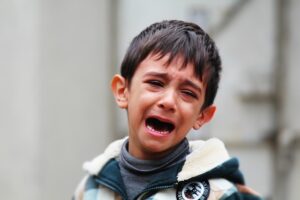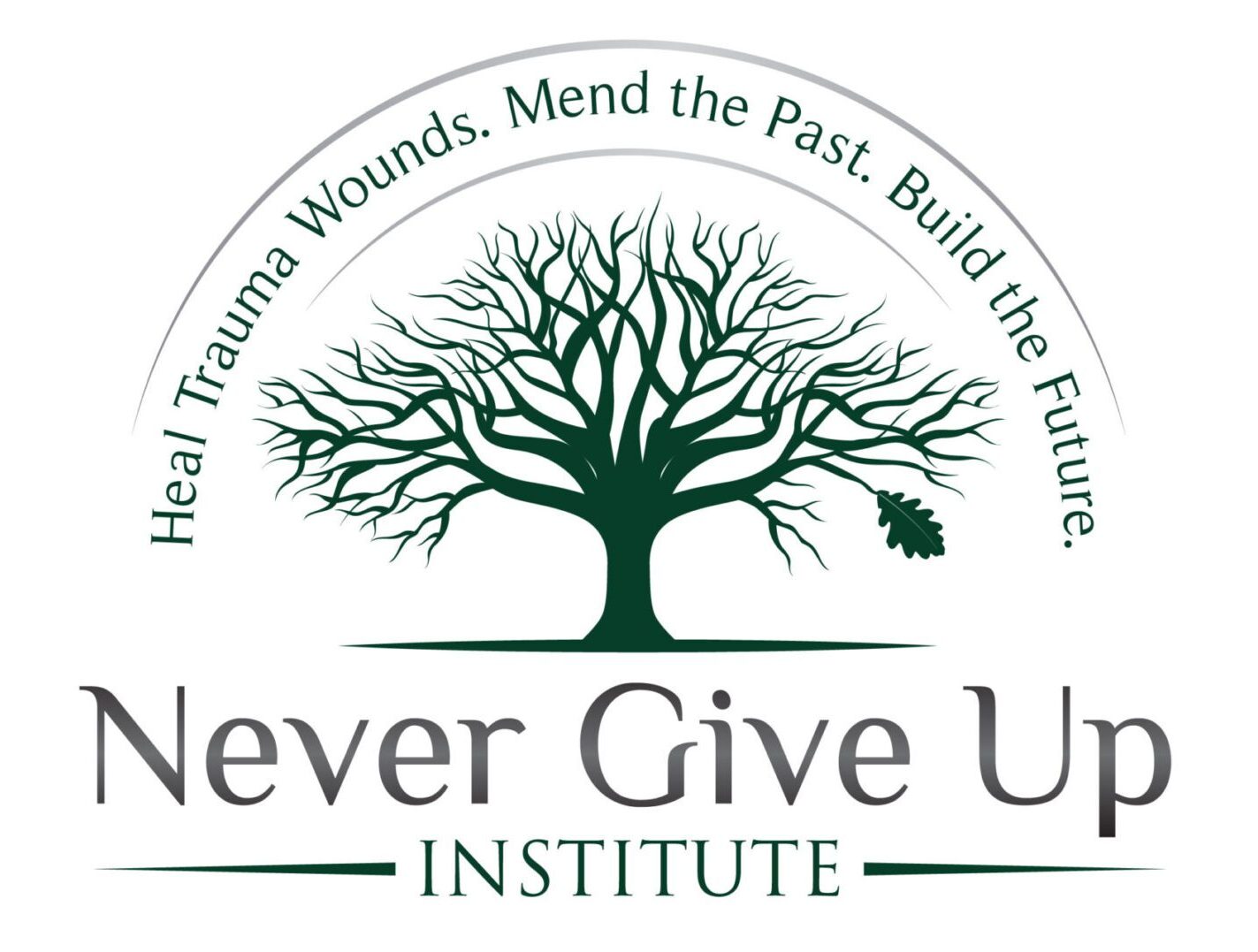By Ginger Kadlec
[“This is a very informative article on the reasons why children don’t disclose abuse. If you’re an abuse survivor IÂ recommend that you keep up with Ginger’s articles. They are well-written and contain information to help you heal.” Alex Acker-Halbur, Never Give Up Institute]
 For many adults, it’s difficult to understand why a child would ever be silent about the fact they are being abused and not actively seek help. Countless courtroom juries charged with determining the fate of alleged perpetrators have questioned that same behavior, often leading to doubts of the validity of abuse charges or claims. After all, who in their right mind would ever put up with horrible treatment without trying to find refuse or stop it?
For many adults, it’s difficult to understand why a child would ever be silent about the fact they are being abused and not actively seek help. Countless courtroom juries charged with determining the fate of alleged perpetrators have questioned that same behavior, often leading to doubts of the validity of abuse charges or claims. After all, who in their right mind would ever put up with horrible treatment without trying to find refuse or stop it?
In most cases, the sad fact is children will NOT immediately tell someone they’re being abused. As we peel the layers of the child abuse disclosure onion and try to understand what may seem to be odd behavior to many, please keep these key child abuse facts in mind:
-
-
- Over 90% of abused children know, love or trust their abuser. So, in the majority of cases, the person harming the child is NOT a stranger and, in fact, may be a caretaker or someone providing the child’s basic needs (i.e., food, shelter, clothing, etc.).
- Nearly 65% of all child abuse happens at the hands of a parent, step-parent, relative OR boyfriend/girlfriend of the parent.
- Around 40% of child sexual abuse is committed by a family member. The younger the victim, the more likely the perpetrator is a family member: 1) under 6 years of age, 50% of perpetrators were family members; 2) ages 12-17, 23% were family members. (Snyder 2000)
-
Disclosure is a process, not a one-time event.
It’s extremely common for children to keep abuse to themselves or slowly disclose abuse over a period of time. In fact, 73% of child victims do not tell anyone they have been abused for at least a year. 45% of victims do not tell anyone for at least 5 years, while still others never disclose their abuse (Smith et al., 2000; Broman-Fulks et al., 2007).
There are 8 primary reasons children remain silent about being abused:
1) “Keep this a secret.â€Â In my humble opinion, this is the #1 reason children do not disclose. Abusers will direct children to keep the molestation or abuse a secret, sometimes making the child feel guilty or responsible that something bad will happen either to the abuser, the child or the child’s loved ones if the child “tellsâ€. Children, especially younger ones, want to “behave†and “follow rulesâ€, so if they are told to keep a secret, they often do their best to oblige.
2) Threats:  The strength and courage of children never ceases to amaze me. Predators often threaten to harm a child or even someone a child loves like mom, dad or a sibling. Thinking they are protecting their families, they remain silent and go along with the abuse. Threats can also be made against a child’s pets. In fact, in the course of abuse investigations, children are often asked about how family members or friends treat their pets, as animals are often used as leverage or even tools to manipulate children in the course of abuse.
3) Fear: Sometimes kids are just flat-out scared or intimidated by the person abusing them. They may fear further retribution or more severe “punishment†from their abuser if someone finds out.
4) Love: Given that such a large percentage of children know their abusers, children often love the person harming them, be it a parent, sibling, another relative, boyfriend or girlfriend. They may know what’s happening is wrong, but will try to protect their abuser and keep quiet because they love them. Another example of love is when a child tries to protect the feelings of someone else. There are countless cases where a mother’s boyfriend sexually abuses a child and the child remains silent, so mom won’t be sad.
5) “No one will believe youâ€Â is an all-too-common seed planted into a child’s head by an abuser. Children are led to believe that even if they tried to talk about the abuse, people around them will think they are lying for one reason or another.
6) “It’s all YOUR faultâ€Â is another common blame-game perpetrators will play with children. They will lead kids to believe the abuse happened because of something the children did or didn’t do. In turn, kids often remain silent because they feel they caused the abuse. They may also fear getting in trouble if they believe they are at fault, so will keep abuse to themselves.
7) Grooming: sexual predators often “groom†children for abuse. They will test the waters and progressively become more sexual in their interactions with targeted children. Depending on the age or development of a child, the child may not know the predator’s actions are wrong. In fact, if grooming begins at a young age, this behavior may be all the child knows, so she views it as “normalâ€.
8) Dissociation: in order to deal with the stress or anxiety resulting from traumatic experiences, children will sometimes “dissociateâ€, defined as :â€The splitting off of a group of mental processes from the main body of consciousness, as in amnesia.†Essentially, they forget (or suppress) the trauma. I’m not a doctor or psychologist, but it’s my understanding that dissociation can actually be helpful to someone *during* traumatic episodes or events, but it is not a healthy way of dealing with that trauma over the long haul.
PLUS one more…
9) Shame: sadly, victims of sexual abuse often feel an overwhelming sense of shame. Predators often shift blame for the abuse to victims, making them believe the abuse was their fault. Read more about “Shame Through A Survivor’s Eyes“.
In my next blog, we will address key points every child should know about keeping their bodies safe from sexual predators. These points will also help them feel comfortable coming forward and disclosing should they ever find themselves victims of abuse.
Reference: “Understanding and helping to prevent Child Sexual Abuse“, ©2008 Channing Bete Company, Inc.
About Ginger Kadlec
Raising awareness of the world-wide epidemic of child abuse has become Ginger’s life mission. An impassioned child advocate, trainer, speaker and child forensic interviewer, Ginger regularly blogs about child protection issues and has produced printable references for parents and other caring adults including “12 Scary Appsâ€. Click here for your free copy of this informative 13-page report. Along with her husband John and pets Lexi and Chase, Ginger enjoys traveling, skiing, hiking, brisk mornings, colorful sunsets and just hangin’ at home with “the Packâ€.
YOU Can Be A Kid’s Hero!
Join the conversation and receive Ginger’s blogs and other updates about youth safety and protection. Count me in to Be A Kid’s Hero!
Thanks, Ginger, for your wisdom and care. Never give up!
Alex Acker-Halbur

You must be logged in to post a comment.